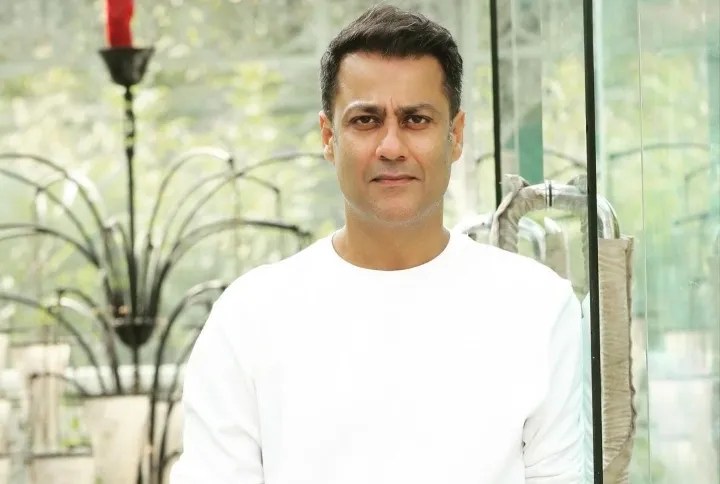Last month, I was bowled over by one of India’s first films that represented the trans-community in a subtle, inoffensive yet entertaining way. Chandigarh Kare Aashiqui released amidst a lot of doubts over how it will do justice to that representation, but the Vaani Kapoor and Ayushmann Khurrana-starrer and Abhishek Kapoor directed film, dispelled any doubts that were there after its release. In a conversation with me, the director opened up on what went behind the film.
Indian cinema had been lacking representation of the trans-community for a long time, what made you decide to make the film now?
The moment I understood and normalized the subject for myself, I could make a film like this. I am an outsider to the community, that’s why the story is told from Manu’s point of view. In the beginning, you relate with him, but as he gets enlightened in the process, you do too as an audience. After meeting people from the community, I realized that the society could benefit so much if we understood and embrace them. They would uplift our society as they have so much to offer. What’s really important in the society today to make that happen is that we legalize marriages in the gay and trans community and accept it fully.
What made you think that Vaani was your Maanvi?
Vaani may not have impressed one with her earlier work, but her courage to take on this part was exemplary. She is a great actress and has a great depth. She is not superficial and likes to internalize her part and understand its mental state. It’s not an easy job to play this role and she did it beautifully.
You also chose Ayushmann as your lead, and he has been the face of social cinema for a while now. However, usually he is the one who is at the centre of the subject being considered, but it wasn’t the case here. How was his reaction to that?
Ayushmann is a fantastic actor and a champion of movies on social subjects. There is an inherent goodness in his personality. Even though he wasn’t the center of the subject here, he represented the society and he did it exceptionally.
Speaking of Ayushmann, he has had a great track record on the box office in recent years. However, Shubh Mangal Zyada Saavdhan, which dealt with the LGBTQIA+ community, wasn’t received as well as his other films. Did that make you step back and think if the audience was ready to accept Ayushmann in such projects?
When we talk about LGBTQIA+ community, we tend to club them as one, but they are very different sections who have come together as they are minorities and have found strength in numbers together. The issues that a gay community has is very different from what the trans-community have. For gays, it’s about their preference of the gender of their partner whereas for trans-community, it has very little to do about their sexual preference. My attempt has been to bring out the T in LGBTQIA+ and show how their issues are different from the other letters of that community.
You didn’t have any reference as such for a subtle representation of trans-community in Hindi cinema to gauge how to go about and what the audience would respond to. Did that fact became challenging?
I didn’t found it challenging, I rather found it liberating to tell the story in the way I wanted to. I just tried to be true to what I feel and what I saw in this community. Most films about this community are made by the community itself, but I am not from that, so I saw it differently. I had a different stroke as a filmmaker and I think that’s what made the difference.
As a director, the whole film is your baby, but what would you say was the most difficult or memorable scene for you in Chandigarh Kare Aashiqui?
The scene where Maanvi tells Manu about her identity, that scene was the most crucial for me because I couldn’t afford to have even one single false beat in that. I had to ensure that Vaani got it right and so did Ayushmann because the scene starts with him being madly in love with her while it ends with him being repulsed. In a matter of half an hour, how can you hate a person you were head over heels for just a few minutes ago? The trajectory of that scene was the most crucial for the film.
I met so many trans-people and I found them to be so evolved. When you talk to them, you realize that they have a higher understanding of the world. They understand the situation they are in but they empathize with you as well. And I wanted to bring that out in Maanvi. I wanted her to be very graceful and gentle individual, who can empathize with you but also knows her boundaries. She should be self-preserving but at the same time nurturing and caring.
We have seen filmmakers excel and make a name for themselves in a genre over time, but your projects have always been varied. Has it been by chance or is it a conscious effort by you?
I did not know much about the trans-community before I made Chandigarh Kare Aashiqui. Nor did I know much about rock music before Rock On! Similarly, I wasn’t much known to the Gujarati culture before I made Kai Po Che! So, my films give me an opportunity to explore a new world. And this exploration is what keeps the child in me alive.

